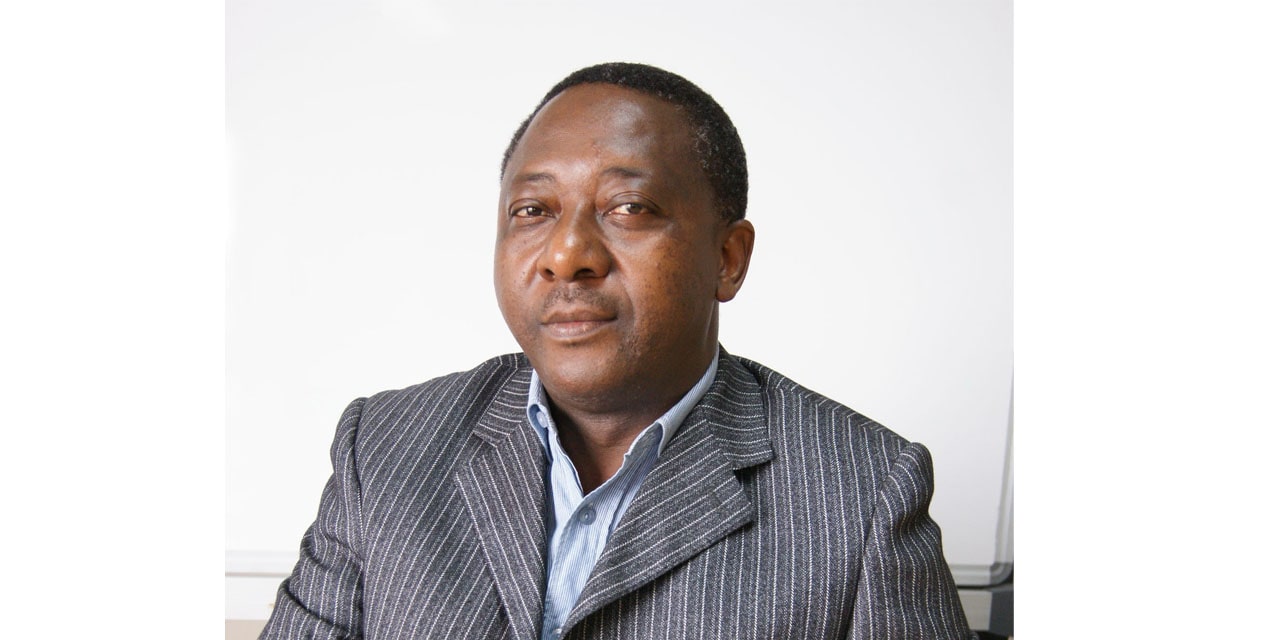Obrein Simasiku
Scaw Limited, a Zambian based company has presented a proposal to local mines to supply steel balls including other casting products in exchange for scrap metals.
“Ideally, Namibia needs a foundry to manufacture such items and reduce imports and deepen the upstream linkages with industrialization and job creation,” said the Chamber of Mines President Hilifa Mbako, at the opening of the Mining Expo underway at the Windhoek Showgrounds that ends tomorrow.
On that note, Mbako said the Expo offers a platform to cement such exchanges.
“The main objectives of the Mining Expo and Conference have remained the same since inception in 2010, namely to showcase the Namibian mining industry to stakeholders. It offers an excellent platform for local suppliers and SMEs to discuss and identify business opportunities in the supply of goods and services to the mining industry. To promote careers in mining related fields, and to provide information on what the industry really is, and thereby address negative public perceptions. For this reason, we have continued to make participation by individuals to be FREE of charge,” he added.
There are 103 exhibitors occupying 163 stands this year, as compared to 88 exhibitors with 136 booths during the previous event in 2019, the last time it was held before Covid-19 shutdowns.
Scaw Limited is one of the exhibitors. The company is one of the largest foundry factories in Zambia with a workforce of 500 employees. It has a production capacity of 30,000 tons of cast grinding media, 18,000 tons of forged balls, 12,000 tons of mill balls and 1,800 tons of other casting material per annum.
It’s product portfolio, are Low & High Chrome Grinding Media, Forged Ball Grinding Media, Grey and Other Alloy Iron Castings, Plain Carbon, Low & High Alloy Steel Castings; Machining and Fabrication Services Industrial Gases: Oxygen and Acetylene, according to the company’s website.
Defying Covid-19
The Deputy Minister of Mines and Energy Kornelia Shilunga says the industry was hard it by Covid-19 but it manoeuvred through, and now the geo-political situation created by Russia and Ukraine is also impacting the industry negatively – but good progress is still being made. “What the pandemic could not stop however, is the fact that over that period and up to this moment, there has been a constant evolution in the mining sector led by automation and the inescapable Fourth Industrial Revolution (4IR). This dramatic but steady tide is projected to bring about opportunities for the Namibian and indeed global economy, but of major concern is how the future jobs of today’s workers will be protected?
‘’As we discuss the inevitability of robotics and Artificial Intelligence (AI) and their potential to run our mines, perhaps what is key is to share how best we can use this generational opportunity to prepare a workforce that is able to navigate such a work-environment,’’ she urged. Shilunga further urged that stakeholders should begin to foster conversations on which elements of work will be first altered by disruptive futuristic technology in Namibia and how the workers will be protected.
“The role of unionism in the face of automation must be factored in, as well as the role unions are playing to prepare those whom they represent for the eventuality of a full blown Fourth Industrial Revolution wave. Furthermore, key to that evolution is the ever-growing appetite by world governments, Namibia included, to leverage intermittent sources of energy via harnessing of wind, solar and natural gas.”




